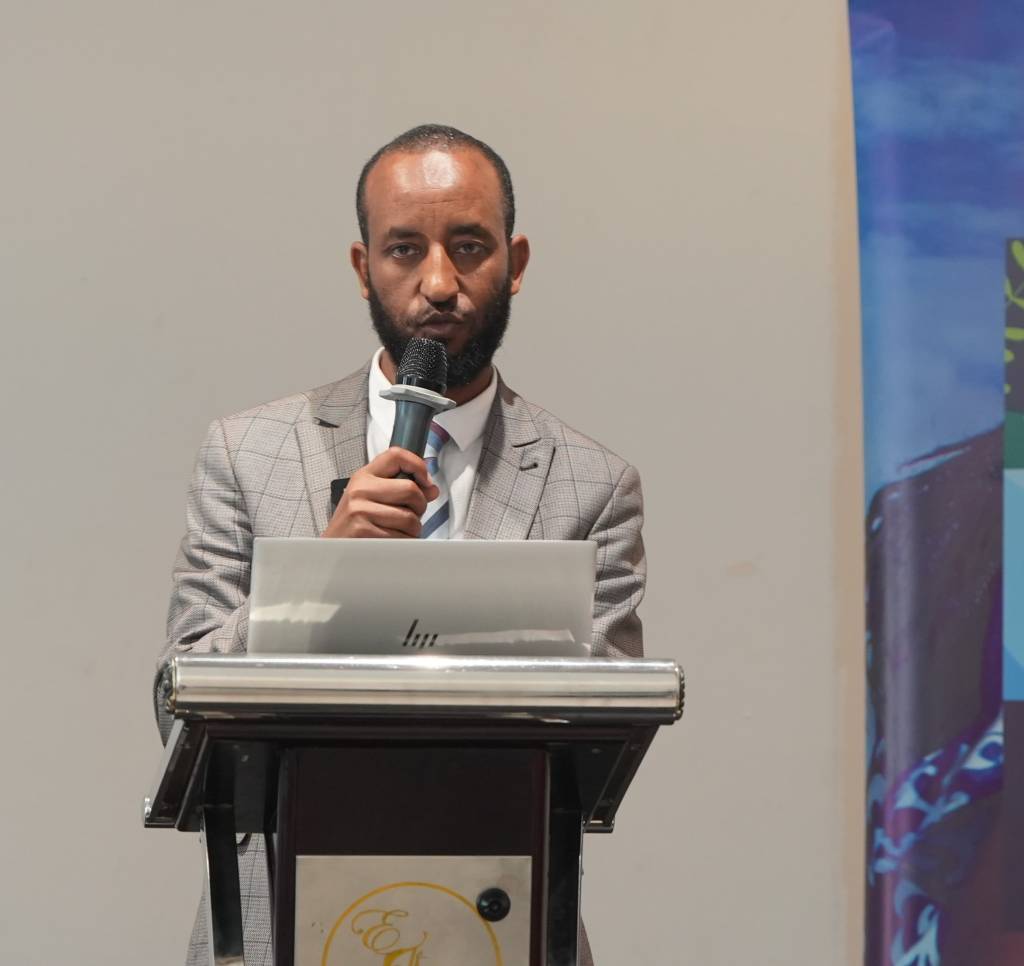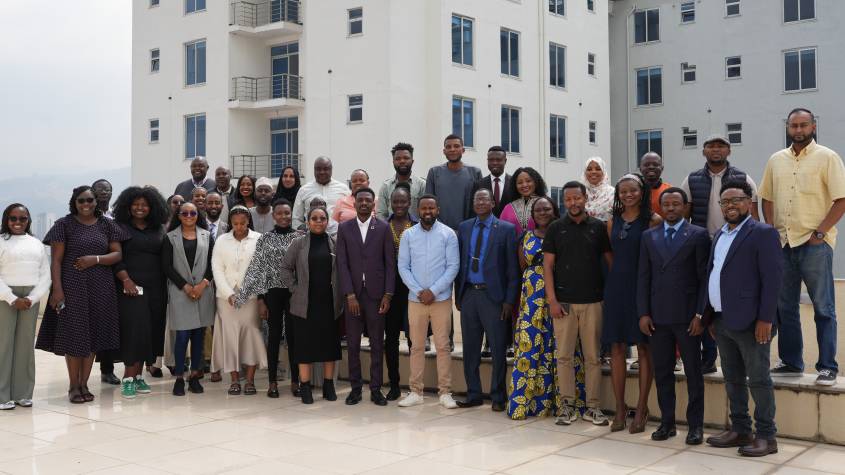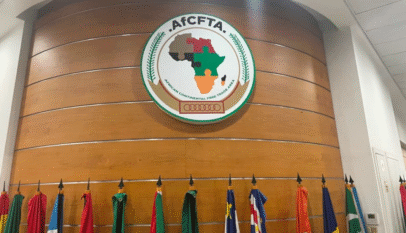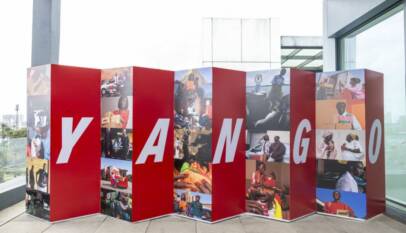ACS-2: African Journalists Trained to Amplify Local Voices in Global Climate Debate
On the sidelines of the Second Africa Climate Summit (ACS-2) in Addis Ababa, Ethiopia, more than 40 journalists from across the continent participated in a two-day training designed to strengthen their ability to report on climate adaptation, finance, and just transition from an African perspective.

Convened by Power Shift Africa (PSA), the training addressed the challenges many African journalists face—such as limited access to climate data, insufficient training, and scarce resources to cover global climate negotiations—by equipping them with the knowledge, tools, and networks to better represent African voices and solutions in both regional and international media.
Although Africa contributes only 2–3 percent of global greenhouse gas emissions, the continent remains disproportionately vulnerable to intensifying droughts, floods, and food insecurity. In this context, the media’s role in raising awareness, shaping public opinion, and holding leaders accountable is more critical than ever.
Opening the session, Mensur Dessie-Nuri, Lead Executive Officer at Ethiopia’s Ministry of Planning and Development, underscored the transformative power of storytelling in climate communication.
“Climate change is not a distant abstraction—it has caused floods in Sudan, cyclones in Mozambique, and a drying Lake Chad. Science and statistics alone do not move people; stories do. Journalists must tell them clearly, truthfully, and powerfully. Journalism has always been the lever that shifts societies,” Dessie-Nuri said.
PSA’s Executive Director, Mohamed Adow, reaffirmed the organisation’s commitment to amplifying African perspectives in global climate conversations.
“Climate change is about our people, our continent, and our future. We believe the media can rewrite Africa’s climate story with empowered narratives that hold leaders accountable. That is why we organised this training—to enrich journalists’ contributions to debates on adaptation, finance, and just transition,” Adow said.














